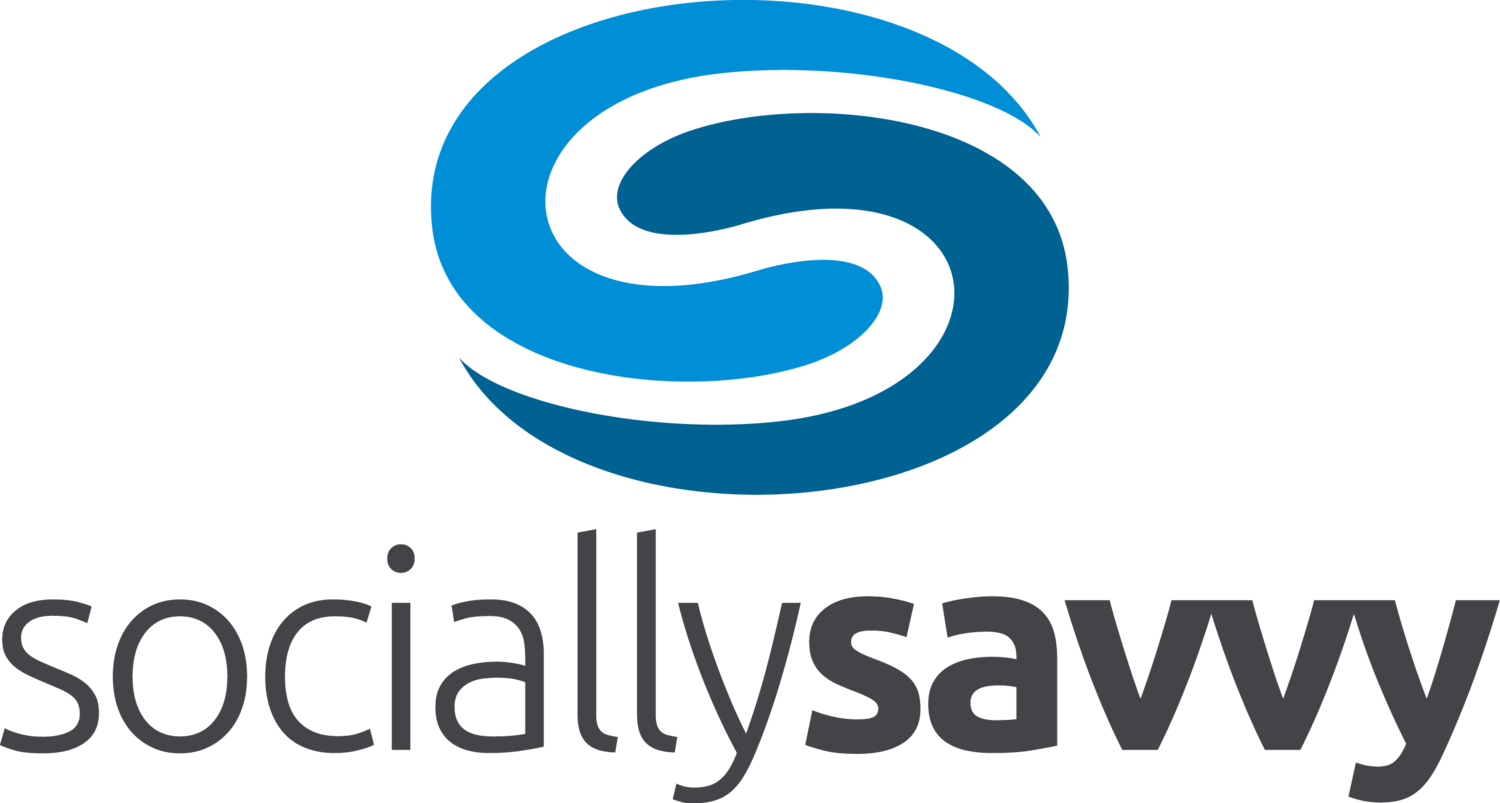The current environment is creating significant turbulence in the job market. For employees and job seekers looking to improve their personal brand awareness and achieve meaningful employment outcomes (existing or new), professional preparedness is paramount.
Below are 7 steps to enhance your 21st century communication capabilities and professional preparedness.
Polish your digital footprint, and ensure your LinkedIn profile is complete and compelling. Ensure all social channels reflect you in a professional and appropriate manner. To set context for your efforts, think of LinkedIn as the business meeting, Twitter as the backyard barbecue, and Facebook as sitting around with your family and friends.
On LinkedIn specifically, ensure you have a current professional headshot and a summary which includes an authentic, genuine representation of your capabilities, expertise, and accomplishments. You should also ensure that you cascade relevant industry keywords throughout your profile to enhance your discoverability through search.
Review your social channel permissions to ensure that you are protected yet discoverable. Defaults can be your friend or foe, and your safety and security is yours to own and evolve. Consider how public you want to be as audiences like recruiters seek talent, or companies look for expertise.
Grow and deepen your network. If you haven’t focused on your digital network, the time is now. Send LinkedIn connection requests to your colleagues (past and present), company leadership, customers, partners, industry colleagues, and known influencers and other corporate leaders. It is also important to consider migrating offline friend and academic relationships to your online network.
Develop and publish relevant original content. Review existing work and insights you have developed or perhaps presented in a team meeting, at an event, or simply brainstormed independently. One of the key questions that may assist in creating your first blog is asking yourself, “What have customers asked me in the past 6 months?,” or “What should customers be thinking about in the next 6 months?” The responses can be formatted easily into a bulleted Q&A. The list also ports well to a deck that can be PDFed and uploaded to SlideShare (integrated with LinkedIn) and added to your work experience or summary section as a piece of interactive content. You may even record a short video discussing the questions and answers (1-2 min) that can also be uploaded to your LinkedIn profile. Video provides a differentiated context for you as it is in your own words and much more personal.
Curate your existing network, now and regularly. As important as adding relevant people to your network, is making sure you do not have inappropriate network connections. Add only new LinkedIn connections who contextualize the value in connecting, and validate the person by reviewing their profile. Ensure that you also customize authentic connection requests when building your LinkedIn network. On Twitter, take the time to look back to your early connections to ensure that you do not have any inappropriate connections. Twitteraudit.com will provide you with an idea of how many fake followers you have as a baseline.
Always be networking. The best way to operate whether working or seeking a new position is within trusted networks. Focus on adding value to those in your network by liking, sharing, and commenting on their posts. Take the time to share content that you find valuable and believe would be beneficial to your network connections.
Get started. Don’t put off to tomorrow what you can get done today. Prior proper preparation prevents poor performance; and, social business is a journey and not a destination. You will evolve and learn through trial and error. Take the first step sooner rather than later.

